Spice Up Your Life with the Red Anaheim Chili
If you're just starting your journey into the vibrant world of spices, there's one mild-mannered hero that deserves a spotlight in your kitchen — the Red Anaheim Chili. This little-known but deeply flavorful pepper packs just enough punch to impress without overwhelming your taste buds. In this article, we’ll dive into everything from its origin to how to cook with it like a pro.
Table of Contents
- What Is a Red Anaheim Chili?
- Heat Level: Mild But Mighty
- 5 Practical Cooking Tips with Red Anaheim Chilies
- Red Anaheim vs. Other Popular Chilies: A Quick Comparison
- Storage Hacks for Longer Shelf Life
- How to Use Red Anaheim in Spice Blends
- Creative Culinary Uses Beyond Tacos
- Conclusion: Don’t Sleep on the Red Anaheim Chili
What Is a Red Anaheim Chili?
The Red Anaheim Chili is a variety of Capsicum annuum, originally cultivated in Anaheim, California. It starts green when unripe and turns red as it matures. The red version is typically dried and used in a range of Mexican and Southwestern dishes. Known for its earthy flavor and subtle heat, it’s a favorite among chefs who want to add warmth without fire.
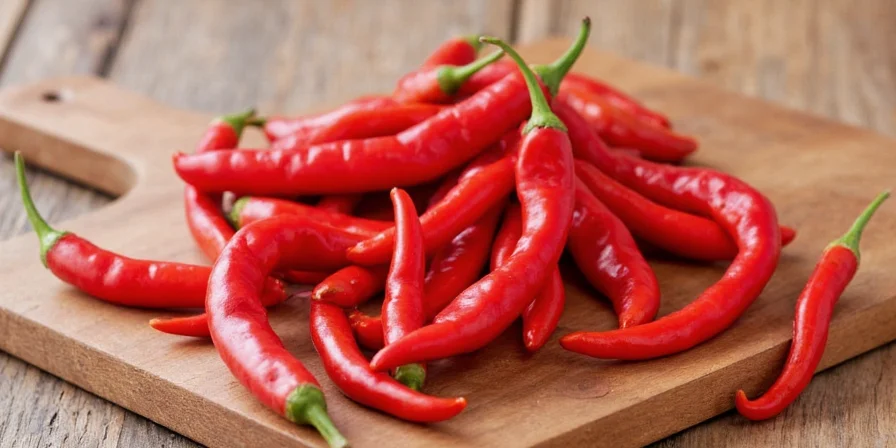
Figure 1: Dried Red Anaheim Chilies ready for grinding or rehydrating.
Heat Level: Mild But Mighty
If spiciness were a personality trait, the Red Anaheim would be the friendly neighbor who brings cookies over but still has some sass under the surface. On the Scoville scale, which measures the heat level of peppers, the Red Anaheim falls between 500–2,500 SHU (Scoville Heat Units), making it significantly milder than jalapeños or habaneros.
| Chili Type | Scoville Heat Units (SHU) | Flavor Profile |
|---|---|---|
| Red Anaheim Chili | 500–2,500 | Earthy, slightly smoky, and mildly spicy |
| Jalapeño | 2,500–8,000 | Fruity, crisp, grassy |
| Hatch Green Chili | 1,000–8,000 | Sweet, grassy, variable heat |
| Poblano | 1,000–2,000 | Deep, rich, slightly bitter |
5 Practical Cooking Tips with Red Anaheim Chilies
- Toast them before use: To unlock deeper flavor, toast dried chilies in a dry skillet for 30 seconds per side until fragrant. Avoid burning!
- Rehydrate for sauces: Soak chilies in hot water for 20–30 minutes to soften them for mole, enchilada sauce, or adobo.
- Grind into powder: After drying, grind into a fine spice mix to use as a base for rubs or seasoning blends.
- Add to soups & stews: A few pieces in chili or bean soups will boost flavor without overpowering other ingredients.
- Pair with citrus: Lime or orange zest balances the earthy spice beautifully in salsas and marinades.
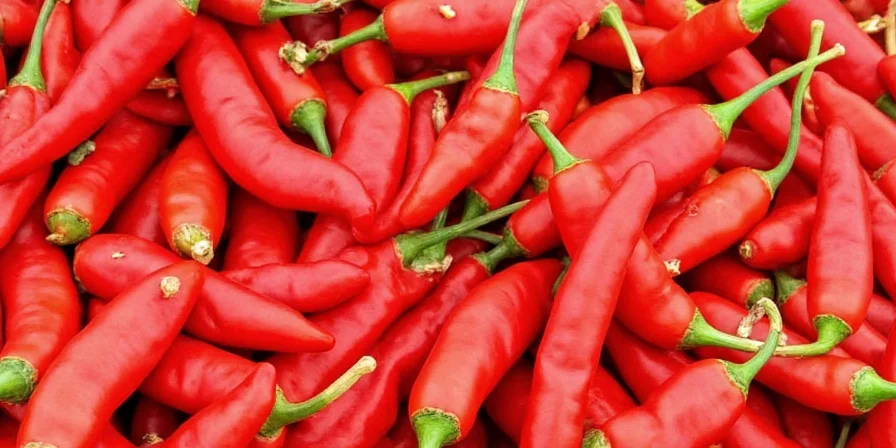
Figure 2: Toasting dried chilies enhances their aroma and depth of flavor.
Red Anaheim vs. Other Popular Chilies: A Quick Comparison
Let’s see how the Red Anaheim stacks up against its more famous cousins:
| Characteristic | Red Anaheim | Jalapeño (Fresh) | Poblano (Fresh) |
|---|---|---|---|
| Flavor | Earthy, slightly smoky | Green, grassy, fruity | Rich, deep, herbal |
| Common Use | Dried sauces, rubs, soups | Raw in salsas, pickled, stuffed | Stuffed (chiles rellenos), sauces |
| Texture (Dried) | Leathery, pliable | Rarely dried | Thicker skin, less flexible |
| Heat Range | 500–2,500 SHU | 2,500–8,000 SHU | 1,000–2,000 SHU |
Storage Hacks for Longer Shelf Life
Want your Red Anaheim Chilies to last longer? Here are some storage tips to keep them fresh and flavorful:
- Airtight containers: Store dried chilies in sealed glass jars or ziplock bags away from light and moisture.
- Freezing: If you have fresh red chilies, freeze them whole in a freezer-safe bag. They can go straight from the freezer to the skillet later.
- Vacuum sealing: For long-term storage (up to a year), vacuum seal the chilies to preserve color and flavor.
- Olive oil preservation: Simmer cleaned chilies in olive oil and store in the fridge — perfect for quick pizza toppings or pasta additions.
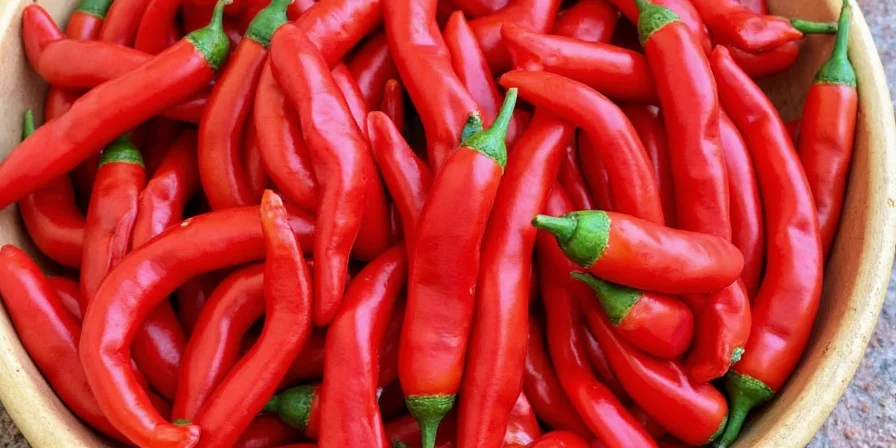
Figure 3: Storing dried chilies in airtight jars keeps them fresh and accessible.
How to Use Red Anaheim in Spice Blends
When ground into powder, Red Anaheim adds a subtle heat and rich color to custom spice mixes. Try these combinations:
- Tex-Mex Rub: Red Anaheim + smoked paprika + garlic powder + cumin + salt
- Mexican Adobo: Blend with vinegar, oregano, and tomato paste for a bold paste
- Smoky BBQ Dust: Mix with brown sugar, mustard powder, and chipotle powder for grilled meats
Creative Culinary Uses Beyond Tacos
You don’t have to stick to traditional Mexican fare! Try these unexpected ways to use Red Anaheim Chilies:
- Spiced Chocolate Bark: Sprinkle finely chopped dried chilies into dark chocolate bark for a sweet-spicy treat.
- Infused Oil: Make chili-infused oil by gently heating olive oil with crushed chilies and straining.
- Grilled Cheese Upgrade: Add a pinch of powdered Red Anaheim to cheese for a spicy kick in every bite.
- Smoothie Kick: Yes, really! Add a tiny pinch of chili powder to mango or pineapple smoothies for a tropical twist.
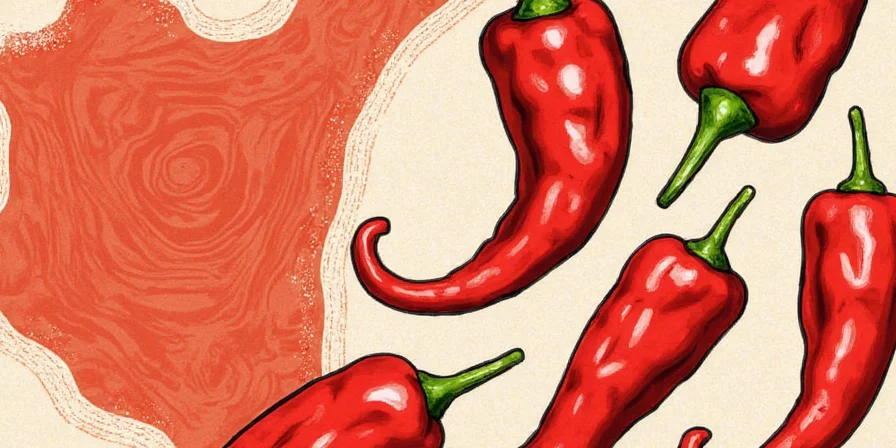
Figure 4: Chili flakes add a surprising but delightful twist to chocolate treats.
Conclusion: Don’t Sleep on the Red Anaheim Chili
The Red Anaheim Chili might not scream for attention like its hotter siblings, but it quietly delivers complex flavor and just the right amount of spice. Whether you're new to the world of chilies or a seasoned spice hunter looking for subtlety, this versatile pepper deserves a permanent spot in your pantry.
Quick Recap:
- Red Anaheim Chilies are mild (500–2,500 SHU)
- Ideal for sauces, rubs, soups, and spice blends
- Toasting and rehydration enhance flavor
- Great for both professional and home cooks
- Stores well with proper techniques
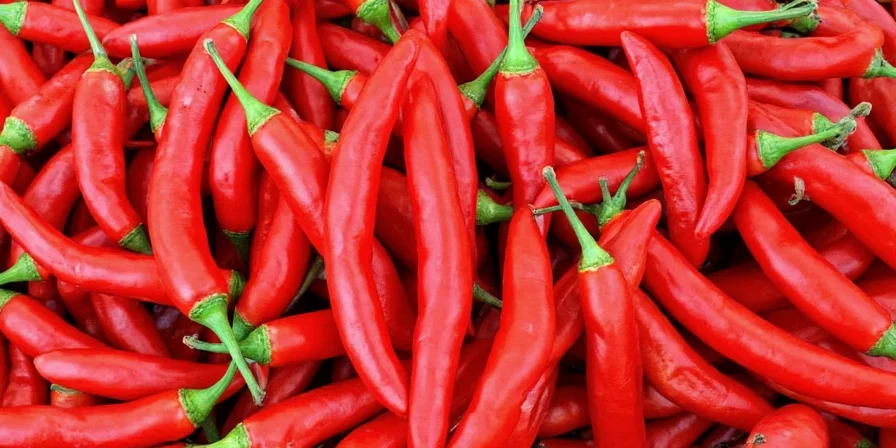
Figure 5: From soups to desserts, the Red Anaheim Chili finds its place in diverse dishes.

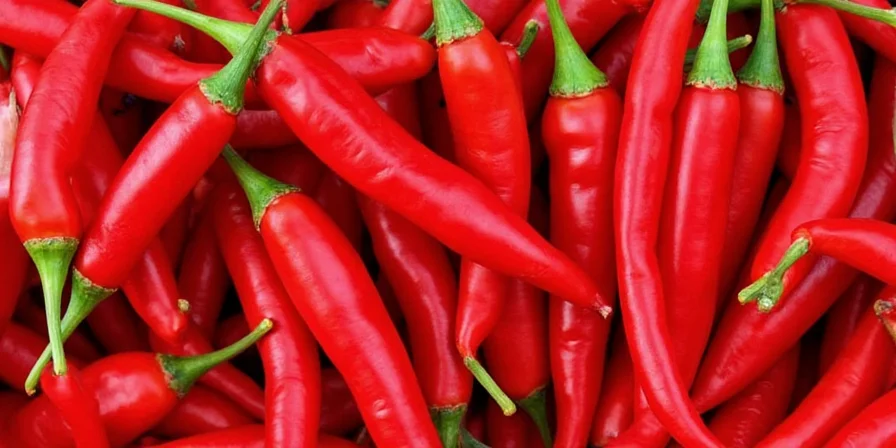









 浙公网安备
33010002000092号
浙公网安备
33010002000092号 浙B2-20120091-4
浙B2-20120091-4